Teaching 4th Gr. Civics This Election Year
A MiddleWeb Blog
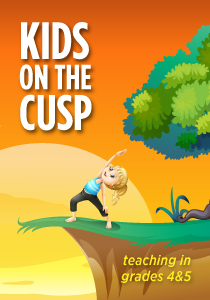 Many readers here have begun a new chapter in their own personal history. They are already back in their classrooms, preparing lessons and activities, traveling once again on a new year’s path toward getting to know their learners, and designing lessons to maximize each child’s potential.
Many readers here have begun a new chapter in their own personal history. They are already back in their classrooms, preparing lessons and activities, traveling once again on a new year’s path toward getting to know their learners, and designing lessons to maximize each child’s potential.
Others, like myself, still have a little time left to wrap up the summer and prepare for this new school year and the road yet traveled. For my students, in 4T, that is literal as well as figurative.
As I begin to formulate an initial plan to coordinate lessons based on our academic schedule, Gym, Music, Art, Spanish, and blocked reading and math time slots, I seem to be focusing on how I will approach Social Studies and Civics lessons the most. It’s no wonder.
Questions to answer, or not
This year, we witness an historic event, the election of the next President of the United States. This year, civics lessons take on a bit more relevance in the eyes of my fourth graders. This year, my lesson plans will be tweaked to take advantage of this.
This year, however, that dreaded question, “Who are you voting for, Ms. Tarashuk?” takes on new meaning.
Thankfully, I won’t have to answer that question in class. How will I answer it in the voting booth?…Well, let’s just say the jury is still out on that one.
My job isn’t to inform my students about my opinions. In this election, with these particular candidates, my opinions would only confuse the kids. I can’t make sense of them myself at times. In fact, many hours of my summer were spent walking, listening to podcasts about various civics topics, and asking myself that dreaded question…along with a few other queries we will explore this coming year:
How do I pass on hope to my students that America’s system of government CAN work?
How do I help my students truly understand how and why our government is set up the way it is?
How do I help them understand how rights and responsibilities go hand in hand?
How do I help my students develop personal pride in our country’s basic principles and ideals?
How do I respond to their questions about these particular candidates? (This one’s going to be a doozie!)
My 100-mile search
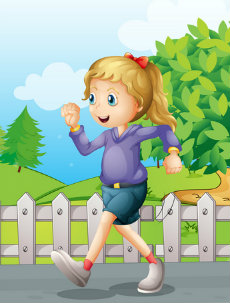
On my jaunts, I listened to many of the educational podcasts created by The Walking Classroom Institute, a non-profit organization that is near and dear to my heart. Here is a list of their 4th and 5th grade podcast topics if you ever want to hit the pavement, walk, listen, and learn with your class.
I’m not sure what the people in my neighborhood think when they see me walking by, talking to myself, gasping at interested facts, responding to tragic historical events, and even giggling out loud at times, but that’s okay. I’m enjoying myself…and I want to pass this enjoyment on to my students as we investigate the 2016 Election together.
Walking, listening, and learning will be just one of the many ways we explore Social Studies topics. During our Election unit, I plan to take advantage of the podcasts that discuss The Constitution, our system of Checks and Balances, and past Presidents. There’s even a podcast about the life of Barack Obama, one of the Presidents my students know a little about already. Prior schema is a perk when it comes to making discoveries about history in 4th grade!
More election-oriented resources
Walking, listening, and learning is a major component of the curriculum in 4T, but this summer I uncovered many other resources to share – resources designed to capture the kids’ interest and curiosity and to keep the fun in learning. I explored most of these from the comfort of my couch after coming home from a brisk walk, drinking a large glass of ice water, and settling in with my laptop to poke around on the Internet.
I’m still not sure about Donald and Hillary, but these resources get my vote!
“WE THE PEOPLE” ~ A United Classroom of Learners
Understanding the Constitution:
https://www.youtube.com/watch?v=yx5d3haRG7M It’s always best to start out with a laugh!
http://mrnussbaum.com/flash/const.swf I love Mr. Nussbaum!
https://www.youtube.com/watch?v=yHp7sMqPL0g Oldie but a goodie…I sing this song in my sleep!
http://www.funtrivia.com/html5/index.cfm?qid=85089 This is a timed game to use key words contained in our Constitution.
https://cdn.icivics.org/sites/default/files/games/Dihr-BoR-v1.0.6/Main.swf “Do I Have a Right?” This lawyers’ office game offers a “real world” way to review the Bill of Rights…and when the lawyers get coffee, they speed up!
https://icivics.org/games/supreme-decision In this Supreme Court Interactive, we break the “Supreme Court Justice” tie about a student’s right to wear a t-shirt with a message on it.
Three branches of Government/Checks and Balances:
http://www.sheppardsoftware.com/usa_game/government/branches_of_government_2.18_1.swf Click and drag the responsibilities into the appropriate branch of government.
https://cdn.icivics.org/sites/default/files/games/branches_of_power_v2.0.3/Main.swf Again…iCivics provides another amazing free resource! Legislators pick values, and try to get laws passed… It ain’t easy!
Being the President:
http://teacher.scholastic.com/scholasticnews/games_quizzes/president_roles/SevenHatChallenge.swf This time machine introduces old Presidents and helps us learn about Executive Powers.
https://cdn.icivics.org/sites/default/files/games/executiveCommand_v2.0.3/Preloader.swf In this interactive, after the Inaugural Address the people start hounding you! This is an early introduction into special interest groups, to say the least…and there sure are a lot of different problems we are expected to solve!
Voting/Elections:
https://cdn.icivics.org/sites/default/files/games/winTheWhiteHouse_v2.0.4/Main.swf We are the candidate!…All we have to do is get elected!
http://teacher.scholastic.com/scholasticnews/games_quizzes/electiongame/swf/budget_game2.swf You decide the ideals of the candidate and pick your election team.
https://www.icivics.org/game/popout/2190 This is another mock election where we listen to debates, explore each candidate’s ideals, and vote for who we think is best for the job.
Popular versus Electoral Votes:
https://votersedtrial.secondavenuelearning.com/launch This interactive includes election data all the way back to the election of 1824…what a great visual for our nation’s expansion and change!
Following the 2016 Campaign:
https://cm-assets-live.s3.amazonaws.com/action/s3-assets/election2016/timeline/index.html Shows “path to the White House” in a graphically pleasing timeline.
http://election.scholastic.com/ Thank You, Scholastic!….This kid-friendly election news and information site should help me duck personal questions with basic facts about the campaign trail.
The path ahead
Looking ahead to the 2016 Presidential Election, our two main candidates, and that ominous question, “Who are you voting for, Ms. Tarashuk?” Thankfully, the United States Constitution guarantees me the right to speak my opinions out loud OR to keep them private and personal. Besides, I don’t think I’ll know the answer until I’m standing in that voting booth on Election Day.
My hope is to keep the mud-slinging out of 4T during our class activities and discussions this year. Inherent in civics is the word civil. But if the topic does present itself, I can always use a political cartoon or two to help us put things into perspective…4T style!


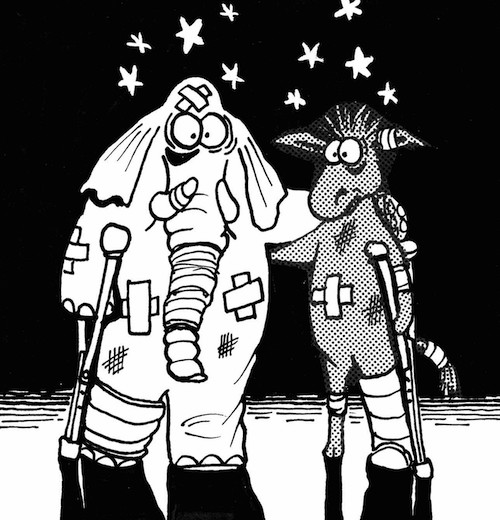




















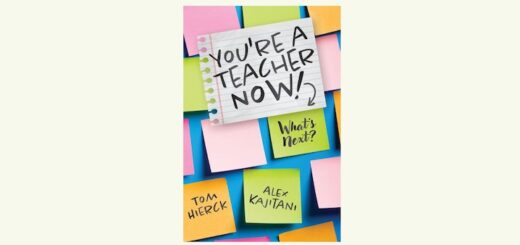





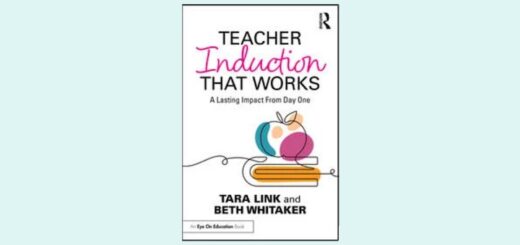






Mary is the most creative passionate teacher I know. Thx Mary T! Ur the best.
Thank you, my friend…our students are going have some fun this election year!…and so are we :)
Thanks for sharing. I will definitely use it with my fourth graders and will share with colleagues.
As someone who has published lessons on teaching about the presidential election for many years and having taught elementary social studies methods for 25 years, I recommend to teach the concepts of the electoral process. Do not teach the present candidates if you want to take a vote. instead run two stuffed animals. Pin statements from the candidates on the animals each day. Have one candidate make statements students would really like on day one and on day two have the other animal make such statements. Lesson. yu have to listen to what is said in making your decision. Your favorite candidate may NOT always say what you want. I recommend the book Woodrow for President as a good book for a read aloud that includes the necessary concepts to teach.